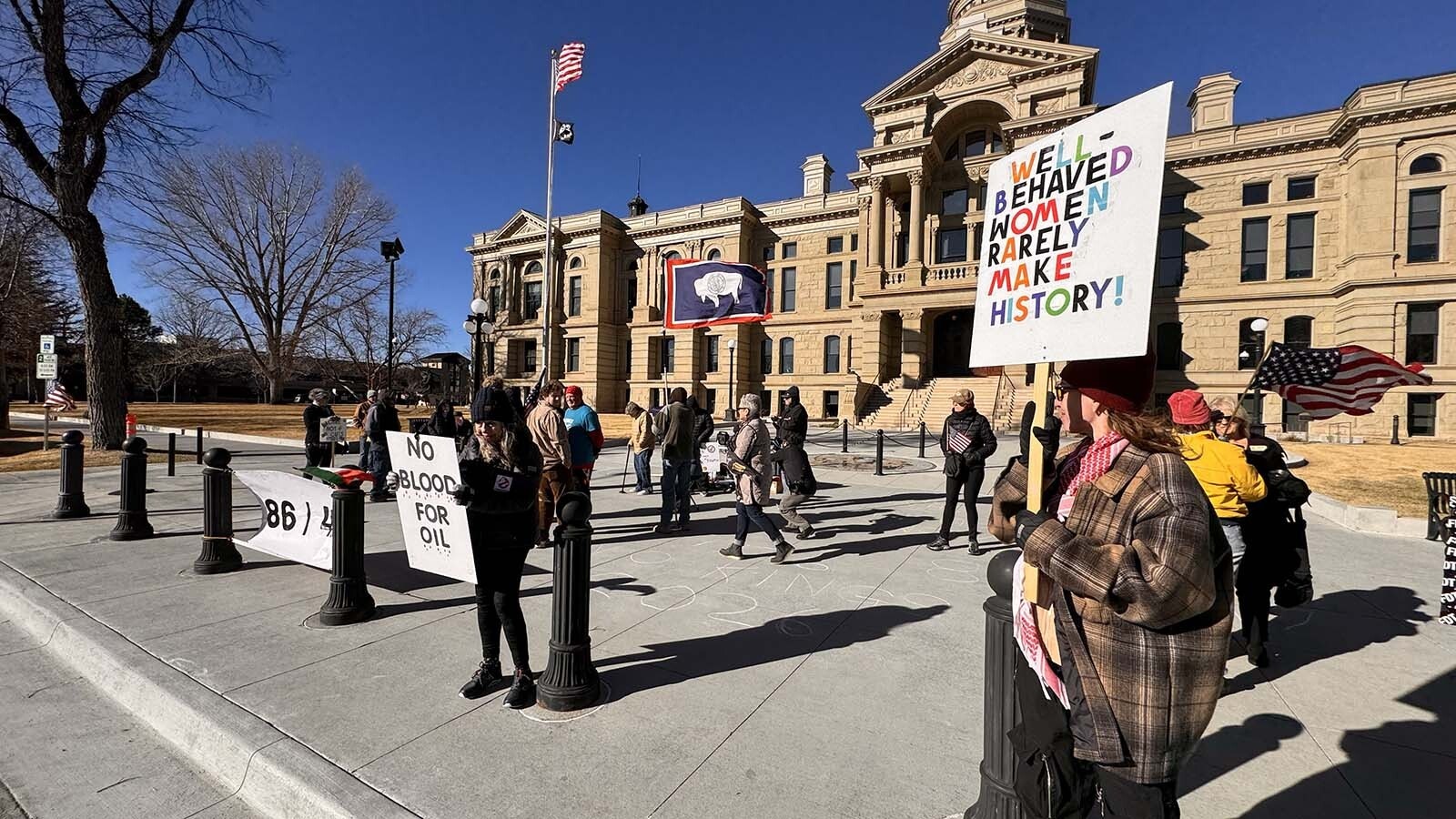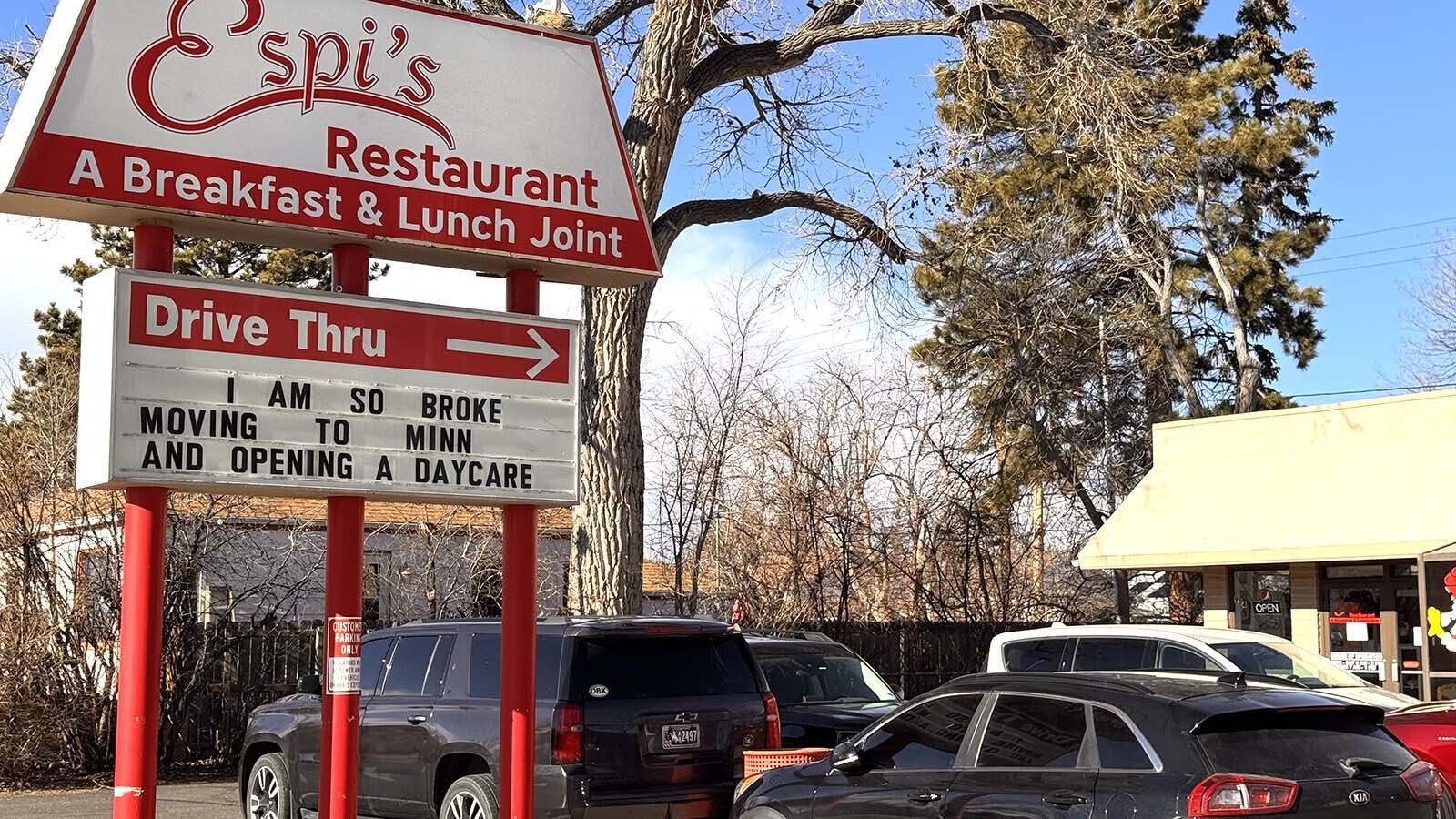Treasurer Curt Meier says the environment, social and governance (ESG) movement could impact the oil, gas and coal industries to such a degree that Wyoming will need to set up a new permanent fund to support state government.
“We know, in a set number of years, with all the pressure we have from ESG against us, we’re going to have a problem with our oil and gas and natural resource industries,” Meier told the Legislature’s Joint Management Council at its recent meeting. “That’s coming sooner than later.”
Unsustainable
ESG, also called “woke capitalism” by critics, rates funds on various markers of progressive-friendly policies related to protecting the environment, diversity in the workplace and community relations.
Any association with fossil fuel industries quickly gets a fund rated down because of environmental impacts. Timber industries, gun manufacturers and agricultural businesses also face pressure from the movement.
Because of the influence of ESG, Meiers said, the Wyoming Permanent Mineral Trust Fund, which is supported with severance taxes on mineral extraction in the state, will not be able to sustain the revenues it needs.
As for a clarification on the time frame when this could happen, Meier, as usual, didn’t return calls from Cowboy State Daily.
New Fund
To prepare for that eventuality, Meier told the Management Council that the state would need a new permanent fund.
New Zealand set up a long-term fund of the kind he thinks Wyoming needs, he said. In New Zealand’s case, the fund was set up because of changing age demographics, which would make it so the country couldn’t be able to meet its obligations 40 years in the future.
Meier said this proposed permanent fund could be seeded with money from the Legislative Stabilization Reserve Account, which is used to fill funding gaps in response to the boom-bust cyclical nature of the oil, gas and coal industries.
Another way to seed this proposed fund would be about $2 billion in unrealized capital gains, which are profits from an investment that hasn’t been sold for cash.
He said these are just “back of the envelope” estimations that were being considered as responses to a risk to Wyoming’s financial future.
Contractual Obligation
Meier also discussed finalizing the treasurer’s policy on ESG.
The state’s current Investment Policy Statement (IPS) doesn’t mention ESG at all or provide any guidelines to fund managers as to whether or not they can invest in funds supportive of ESG policies.
The treasurer provides a statement on the office’s website saying that, from an investment perspective, Wyoming is “ESG agnostic.”
The statement explains that if Wyoming divested from every manager of the state’s investments based on its stance on fossil fuels, the state’s financial returns would likely take a “substantial” hit.
At the council meeting, Meier said that if the state’s IPS required fund managers to pursue investment returns without regard to any political considerations, they would be contractually obligated. If a fund manager put politics ahead of getting the best return for Wyoming’s investments, Meier said, that would be a contractual violation.
This would address some concerns that were raised over two failed anti-ESG bills in the legislative session that ended earlier this month.
Meier said the issue will be on the State Land and Investment Board agenda on April 6.
Proxy Voting
The treasurer’s office also is investigating proxy voting as a means to ensure the state’s investments are being managed without regard to political considerations.
Proxy voting is when investment managers cast shareholder votes on the behalf of investors.
Meier said the state didn’t have the ability to do the kind of deep analysis about members of companies’ boards to determine if their decisions are in the best interest of financial concerns for Wyoming investments. However, for about $50,000 to $100,000, Meier said the state could hire companies that would do this for Wyoming.
As an example, Meier said the state had about 260,000 shares in AT&T, and there were concerns about decisions the company made and if they were in the best interest of shareholders.
In October, Meier had signed his name to a letter demanding to know if the company’s decision by its former subsidiary, DirectTV, to remove the far-right network One American News Network was motivated by politics and not business.





